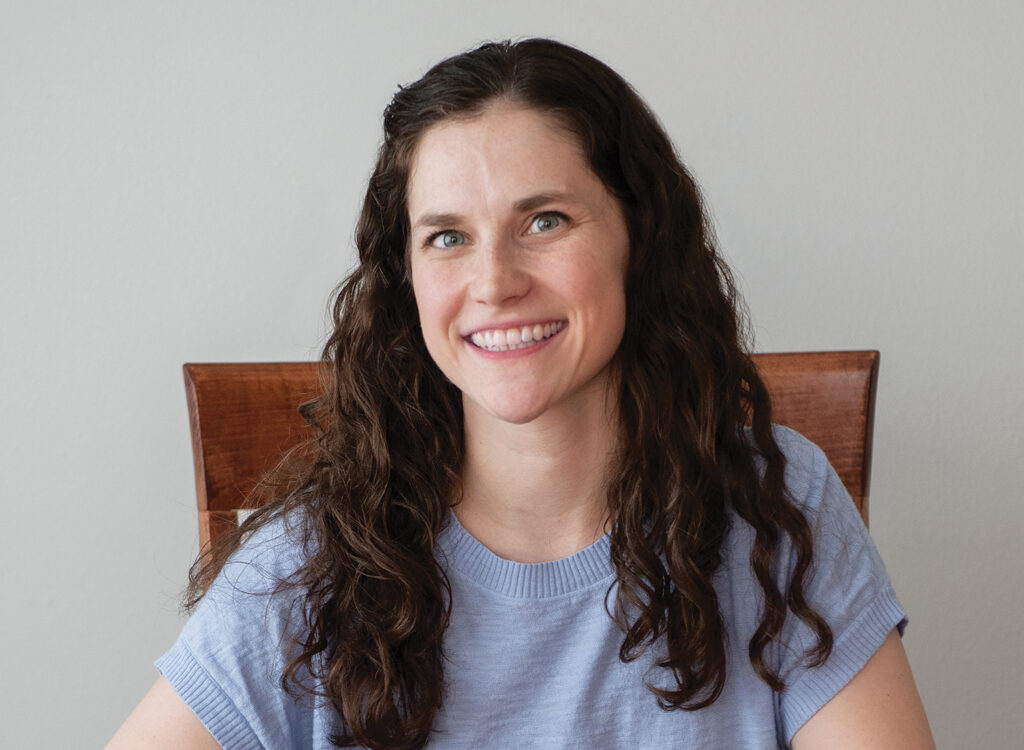DART mulls finances
DART considers options as lawmakers balk on property tax increase

We told you back in September that the local mobility agency, DART, was hoping lawmakers would help extend services through 2040 by allowing higher local property taxes.
The idea for a higher limit for DART’s property tax levy stalled at the Iowa Legislature, which adjourned Saturday.
Urbandale City Councilman Tom Gayman, DART commission chairman, remained optimistic.
“While the DART tax levy limit was not changed by the legislature, I believe we made significant progress in the overall awareness of the need to identify a long-term funding solution for DART. There is a lot of interest in ensuring a strong future for transit in the region coupled with a belief that it is essential to help sustain and grow our economy. We will continue to work with the commission over the next few months to develop options for the future.”
Amanda Wanke, chief external affairs officer for DART, the Des Moines Area Regional Transit Authority, said lawmakers were interested in DART’s finances, even though they weren’t immediately willing to let the agency’s commission set higher tax rates than are now allowed under state law.
During the session, talks revolved around finding solutions.
“We had a lot of good conversations at the Legislature this year,” Wanke said. “I think there was strong support for transit and a strong understanding that we need to do something around this. It’s the ‘what’ and the fact that we are property-tax-based and this was a year of trying to reduce property taxes. There’s strong support for doing something right. I think we still have yet to figure out what that right something is.”
Local governments have few options for funding. In DART’s case, federal grants help, as do fares, but the very nature of who relies most heavily on buses means that fares can’t be raised so much that low-income families are priced out. Local cities and counties have benefited from local sales taxes. DART’s only tax play is its levy, now capped at 95 cents per $1,000 of taxable valuation. The DART commission wanted state lawmakers to allow a levy of up to $1.95. That wouldn’t mean all cities would charge that in the near term. Increases in DART-related property taxes would be gradual, and could vary by city.
A study by HNTB on behalf of the Greater Des Moines Partnership and area business leaders found a looming DART budget shortfall in 2025 even if all member cities maxed out the current levy. But the higher cap was expected to sustain the current services though 2040, with levies ranging from $1.30 per $1,000 to $1.71 per $1,000. If all cities paid a levy approaching $2 per $1,000, some services could be added. Many bus riders have asked for better routes and more frequent bus runs.
With lawmakers not exactly jumping at the opportunity to give DART the power to raise property taxes beyond the current limit, the agency has launched an efficiency study of the present system. “There’s that balance of, is it a revenue conversation or is it an expense conversation. And it’s both, right? We believe it is more of a revenue issue. But we want to make sure we are doing everything we can to look at expenses, and always be as innovative as possible.”
Wanke noted that DART last year looked at changing routes, and has another significant round of changes coming up, especially in on-demand services. This year, the route focus will be on northern and western suburbs.
Public meetings on proposed changes in services should begin in mid-May, Wanke said.
And DART also is looking at a transit optimization study, for which a request for proposals has been issued. “How do we serve these less dense areas where we don’t want a large empty bus traveling around?” Wanke asked.
Part of the answer may be working with last-mile services from companies such as Uber or Lyft, or another vendor.
What seem unlikely are huge additions to the present system. “I don’t see any major service additions without additional revenue,” Wanke said. “I think what you’ll see over the next few years is us continuing to try innovative things, work on the technology side, and make sure the service we have is as effective as possible for our customers.”
That, and continue the discussions with lawmakers.










